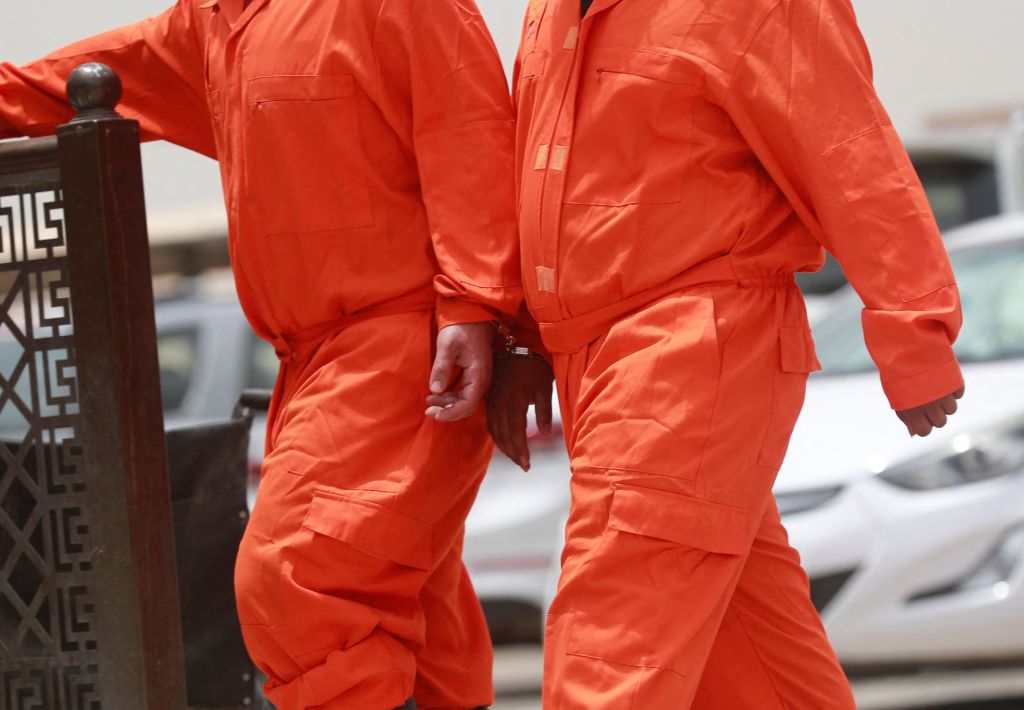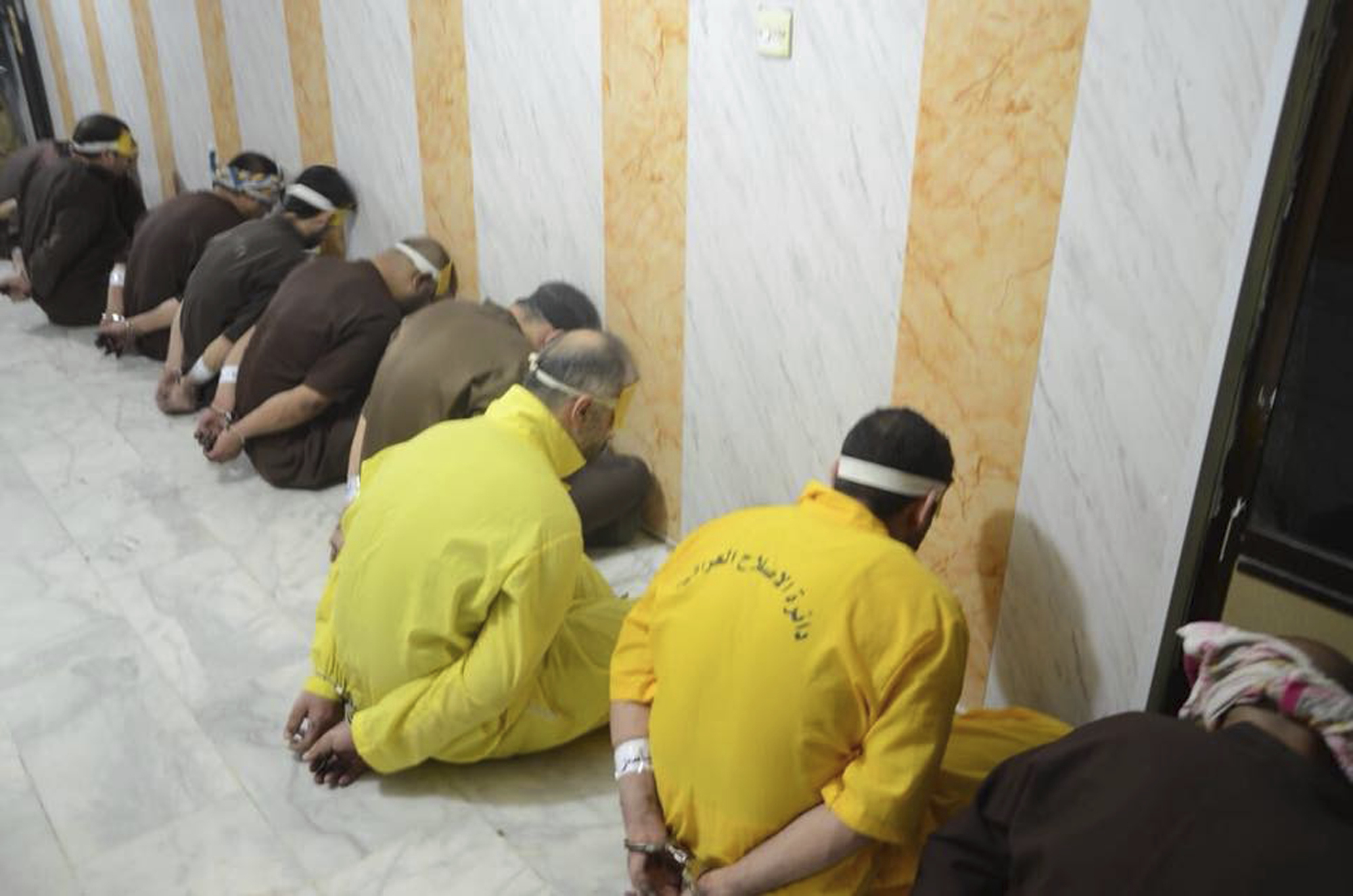
On Dec. 24, 2023, the names of 13 Iraqi prisoners with criminal sentences were unexpectedly called out on the loudspeaker inside the Nasiriyah Central Prison in Southern Iraq. The next morning, all the men were executed under the death sentence, in what one Iraqi media outlet described as “secret executions” carried out without any transparency or advanced notice to avoid any negative publicity and international condemnation. The 13 prisoners were not allowed to call their families or lawyers before they were executed, according to another inmate.
It was the first mass execution carried out by Iraq’s Ministry of Justice since November 2020, when 21 men were executed for terrorism charges. Now at least 150 prisoners face imminent execution without warning, Human Rights Watch (HRW) warned this week, if Iraqi President Abdul Latif Rashid approves their death sentences.
The executions appear to be a sudden pivot from 2020, when the number of executions and death sentences were on a downward trend in Iraq after the issue received critical attention from international rights groups.
“The mass executions in Iraq are a terrible example of the arbitrariness of the cruel punishment,” Aurelie Placais, the Director of the World Coalition Against the Death Penalty, tells TIME. “It's arbitrary because there seems to be no specific reason as to why now, why these people and why in this prison,” she continues.
Nasiriyah prison is the only prison in Iraq that carries out executions. Commonly referred to as “al hout” or “the whale” by Iraqis for “swallowing people up and never spitting them out,” according to HRW, it has carried out mass executions in the past. In 2017, 41 and 38 people respectively were executed less than three months apart. Currently, 8,000 prisoners are reported to be on death row in Iraq, with the majority facing terrorism charges.
More From TIME
In the past, the Iraqi government has asserted that its use of the death penalty “is restricted to the most serious offenses,” including those that affect the "right to life or the peace and security of society.” Iraq currently ranks fifth among countries that carry out the most death sentences globally, according to Amnesty International.

HRW has called the latest renewal of mass executions “an appalling development,” urging Iraqi authorities to immediately declare a moratorium on all executions with the intention of abolishing the death penalty. Matthew Goldberg, who founded the World Coalition Against the Death Penalty, added that “declaring a moratorium is the clearest path to immediately demonstrate respect for the fundamental principle of human dignity.”
Experts also say that the punishment is compounded by existing flaws in Iraq’s judicial system, including denying defendants a fair trial. The trend is most prevalent in terrorism trials, which have generally been described as rushed, based on forced confessions, and without the victim’s participation. HRW says Iraqi authorities have systematically violated due process under Iraqi law, which states that detainees have the right to a lawyer, speak to their families, and see a judge within 24 hours of their arrest.
“The death penalty is an unquestionably cruel punishment that appears to be only further exacerbated, in Iraq at present, by opaque and unfair legal processes,” Goldberg said. He continued, “We should have no confidence that fair trial rights and related safeguards are being protected, or upheld, in these circumstances.”
More Must-Reads From TIME
- The 100 Most Influential People of 2024
- How Far Trump Would Go
- Scenes From Pro-Palestinian Encampments Across U.S. Universities
- Saving Seconds Is Better Than Hours
- Why Your Breakfast Should Start with a Vegetable
- 6 Compliments That Land Every Time
- Welcome to the Golden Age of Ryan Gosling
- Want Weekly Recs on What to Watch, Read, and More? Sign Up for Worth Your Time
Write to Astha Rajvanshi at astha.rajvanshi@time.com